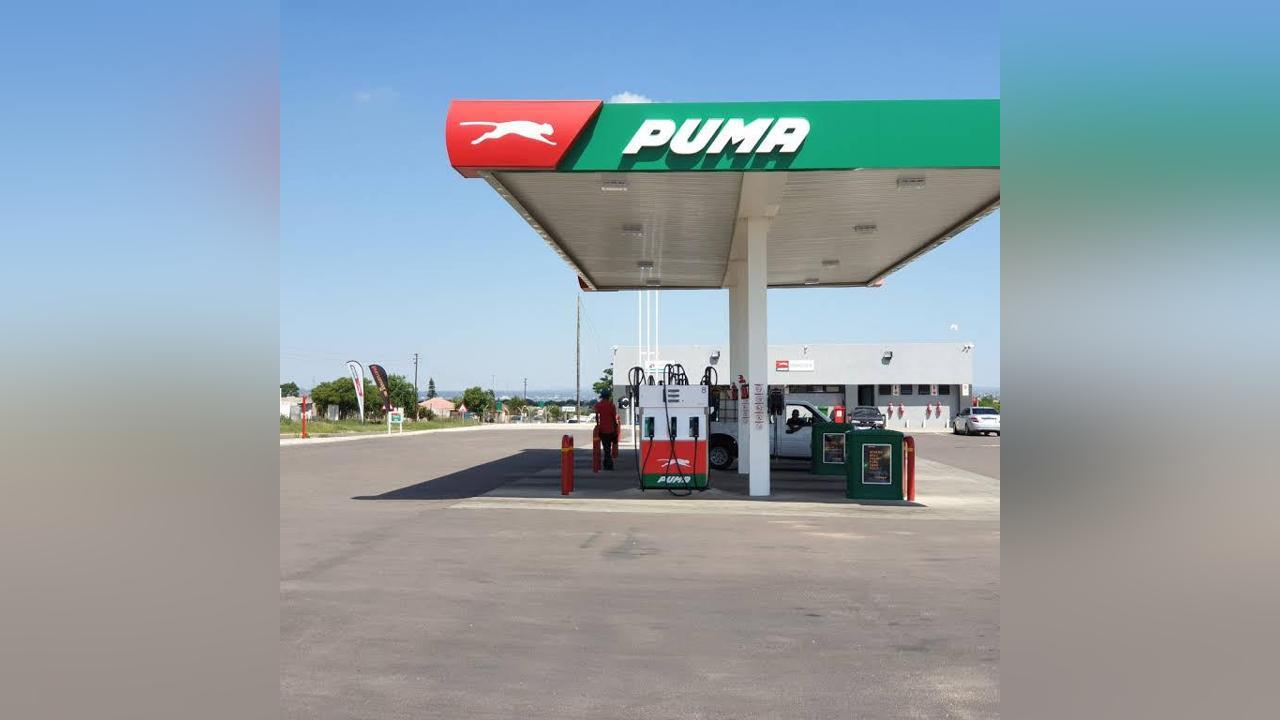Africa-Press – Lesotho. Lesotho could experience a temporary shortage of petroleum products this month due to the global easing of lockdowns that has seen demand for all petroleum products picking up. Puma Energy Lesotho made this announcement which was confirmed by Petroleum Fund Executive Secretary Thato Mohasoa.
Puma Energy LS (PTY) LTD Country Manager Letele Khalikane in a communiqué directed to all Petroleum Products Stakeholders noted the industry is likely to face an overland supply chain risk in this month as a result of COVID-19 disruptions.
He said as reported earlier about challenges they are experiencing on the petroleum products supply chain, mainly related to South Africa, Lesotho and Botswana, the situation remains fragile. Khalikane said five of the six refineries have been on scheduled maintenance, unscheduled stops and shutdown due to low oil demand due to COVID-19.
He further noted that their main source of supply for ULP which is the inland refineries will remain on shutdown until mid to end of June; painting an uncomfortable supply picture for Lesotho because with the easing of lockdowns, demand has picked up considerably and as a result the market has been super tight on all products.
He added that they received a formal notice from their supplier informing them that they are having supply challenges and will only be able to supply a portion of their D50 and M93 demand and that a diesel resupply vessel for Durban is delayed to 10th June 10 arrival instead of June 1 or 3.
They are therefore expecting the first two weeks of June to be challenging with suppliers holding them to daily ratable on confirmed supply. “Diesel will be a challenge for the first two weeks out of Durban with only 60% of required supply.
“We have requested cover supply from different suppliers and await feedback and shall continue to keep a sharp eye on any demand anomalies so we can try address this as quickly as possible,” he said.
Petroleum Fund Executive Secretary Thato Mohasoa confirmed there will be supply disruptions due to a more-than-expected increase in demand of petroleum products in South Africa which will lead to some rationalisation of supply of products in the neighbouring economies such as Lesotho.
He, however, noted this is not a major problem as the supply is expected to come to normal during the middle of June 2020 when all refineries come to full production.
This comes after the oil economy was reported to be under pressure in ways that have not been seen since the 1930s due to containment measures instituted in more than 187 countries to combat the spread of COVID-19.
In a previous communication with Mohasoa, he said demand in petroleum products has dropped drastically since the lockdown and, as a result, oil companies have been forced to cut production and reduce prices.
He said global demand for oil this year is projected to fall by 9.3 million barrels per day before the second half of the year. “Countries that are leading producers of oil have decided to cut production below their normal levels because no one is buying the product and refineries have also reduced their demand for fuel.
“This has badly affected the oil industry because oil is an anchor product that helps other sectors of the economy to operate.
“The low demand pushes prices to a low level therefore putting the oil economy under pressure in ways that have not be seen since in the 1930s. Business is failing and unemployment is surging.
“The confinement measures put in place even though at different scopes, have seen activities in transportation falling drastically almost everywhere,” Mohasoa said.
Commenting on what is to be expected of oil prices while countries are on lockdown, Mohasoa noted that the world still has a long way to go with COVID-19 but in the meantime prices’ continued dropping threatens the stability of the industry that will remain central to the functioning of the global economy.
“If production continues to fall sharply, some oil will go into static stock until the demand begins to recover in the second half of the year.
“Global capital essentials in exportation and production companies in 2020 is expected to also drop,” he said.
Mohasoa said the reduction of financial services undermines the ability of the oil industry to develop some of the technologies needed for cleaning and movement of oil around the world.
He further said due to the lockdown garages are not selling because the transportation sector is affected, meaning garage owners have high stock levels therefore they are not ordering from the oil companies.
As a result, oil companies are also not ordering from refineries while the refineries are also not ordering from oil producing countries due to low demand.
He said because of these challenges, oil businesses are anticipated to retrench workers because they will eventually run a loss. He said oil prices are determined by demand.
“The higher the demand the higher the price,” he said.
For More News And Analysis About Lesotho Follow Africa-Press






